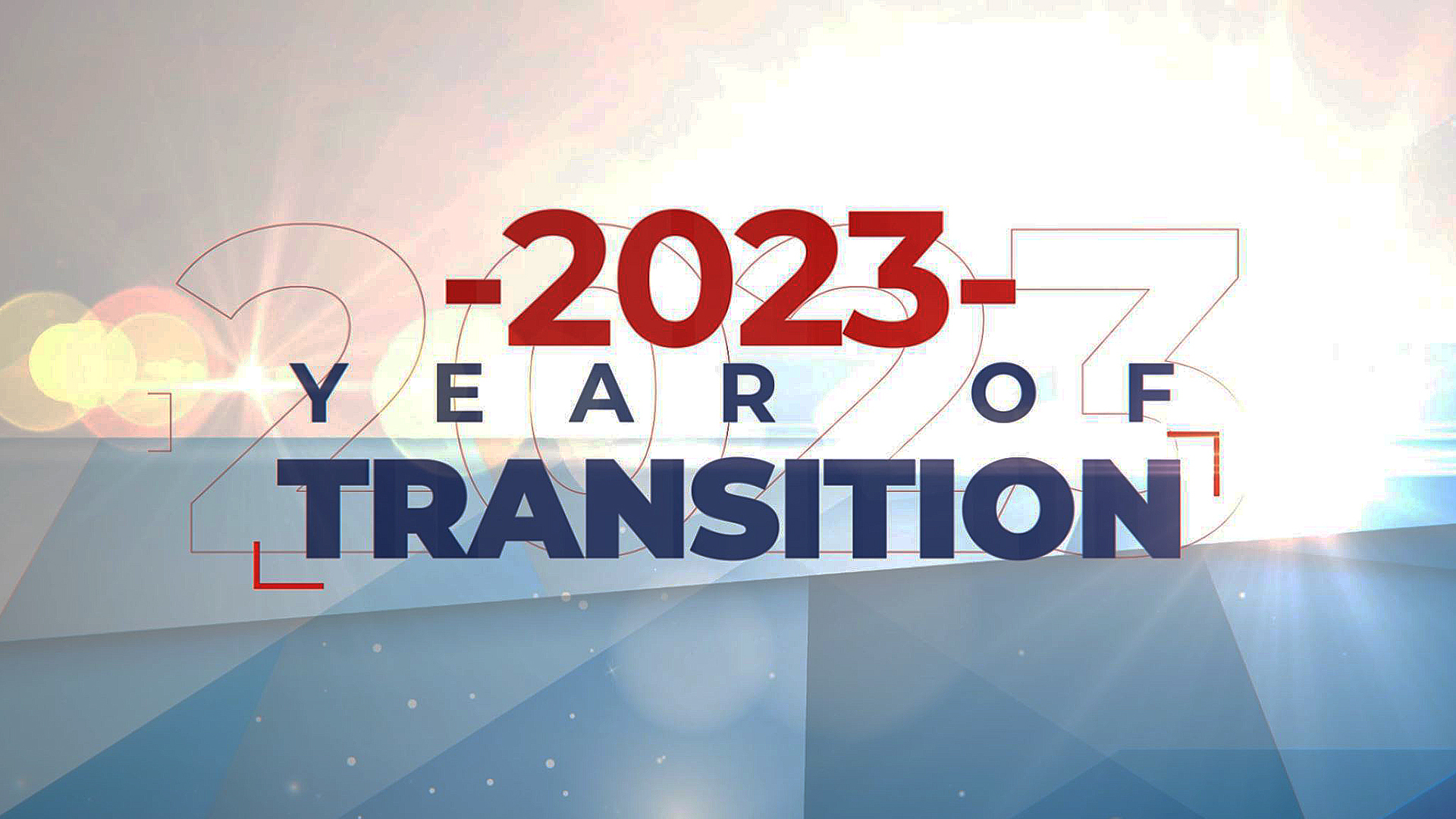Senior Special Adviser to President Goodluck Jonathan on Maritime Affairs, Mr. 
He made this disclosure in a chat with Sunday Business, stressing that the figures were realised in 2009, that there are numerous leakages ranging from diversion of products to adulteration during offshore operations, which deregulation will address for the economy to develop.
According to him, “there are cases where imported products paid for by government are diverted to other countries within the sub-region. This implies that our foreign exchange has been used to service some other countries in the sub-region. Aside from that, importation of products is only generating jobs in the factories where the products are being imported from instead of Nigeria.
“Deregulation will allow investments in refineries, which will in turn create jobs in Nigeria and pave the way for export of products to other countries around us. For instance, the loading of crude oil, government had allocated 50,000 barrels to someone and the person comes to the loading point with 2million barrel ship, which looks very suspicious.”
He went on: “Also, some individuals capitalise on importation to adulterate products offshore. For instance, the kind of diesel we get in Nigeria is not the correct specification bought from the refineries. This type of diesel damages the engines. That is why cars and generators using diesel park- up quickly and the emission of the cars pose serious health hazards to the environment.
Deregulation will bring more revenue to government. Nigeria can not claim to be poorer than Ghana or Chad where fuel is sold for about N170 per litre. Total removal of subsidy will enable government to save more money for capital projects. Beyond that, it will minimise smuggling of the product across the borders.
“Another major problem with offshore operations by the oil companies is the fact that vessels dropping drilling chemicals, cement and iron rod are not likely to get to any port. They may just go straight to the offshore locations and drop these things and we do not currently have the capacity to monitor what are being discharged there.
“This poses security threat to the nation because helicopters fly in and out of these offshore locations and only God knows what items they bring in or take out of Nigeria .
“Our waterways currently are not so well monitored by the relevant maritime agencies. For instance, most vessels bringing products to Nigeria do not pay a dime to government either through Nigeria Maritime Administration and Safety Agency (NIMASA), Nigeria Ports Authority (NPA) or Customs. This constitutes serious revenue losses to the economy. As for Customs, government actually stopped their payment at a time, but for NIMASA and NPA, these vessels ought to pay them.
To NPA there are applicable mid-stream discharge rate that they ought to pay on these products and for NIMASA, the three per cent levy for foreign ships in Nigeria ought to be paid. At present, there is no record showing payment of these charges to government. So, with deregulation and more capacity building by NIMASA to monitor the waterways, these issues will be addressed.
“NIMASA platform should bring NPA and even customs on board because these same ships coming into the country do not only smuggle petroleum products meant for government but also import items that are not in the interest of the country. For instance, we do not grow the plants or produce cocaine in Nigeria but this item comes into the country through the sea.
“Even if customs do not collect import duties from these vessels, they have obligation to rummage the vessels. If customs and NPA join the NIMASA plat form it will help government to address the offshore issues comprehensively to mitigate insecurity arising from non-monitoring of the waterways”.




